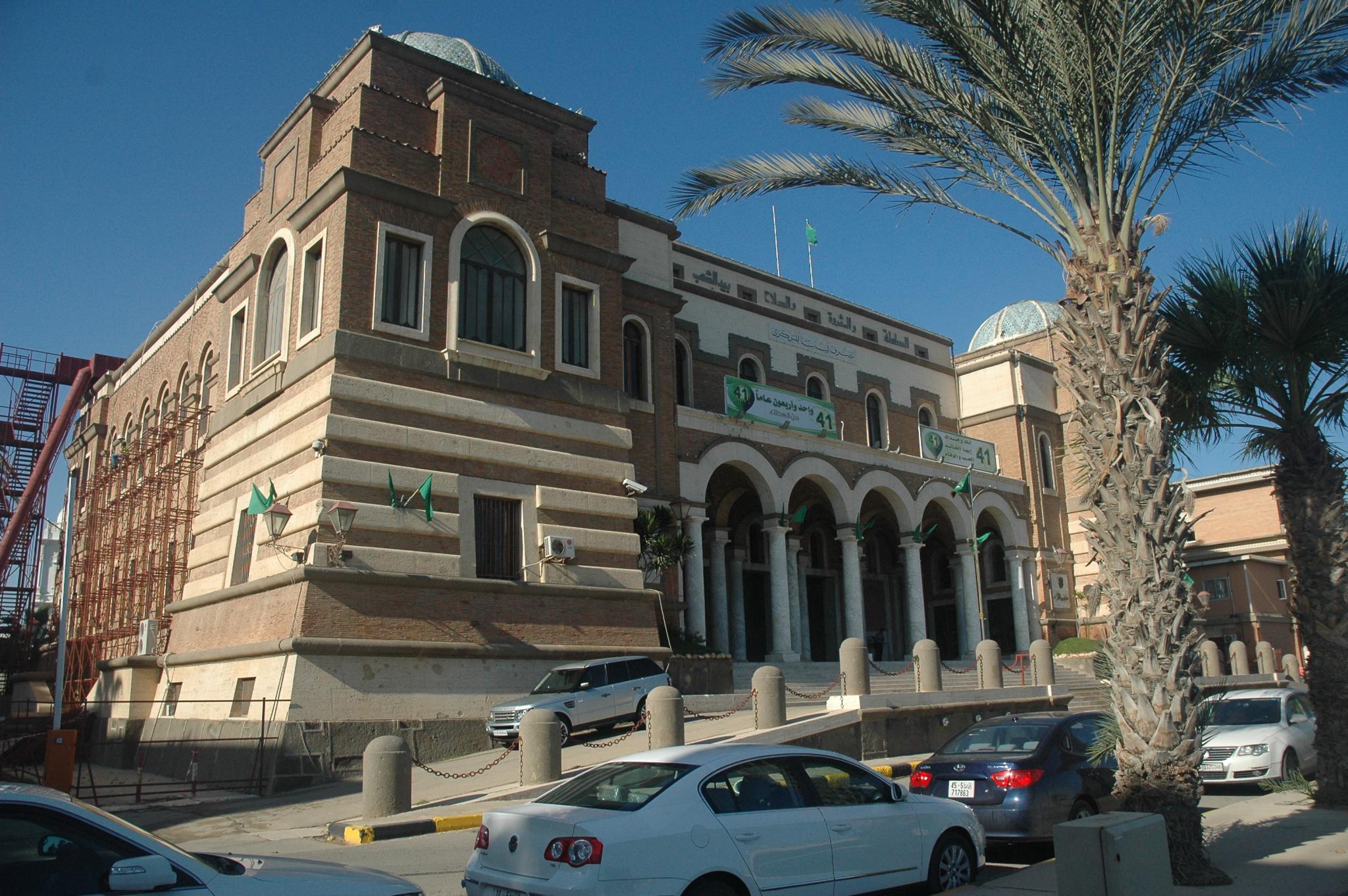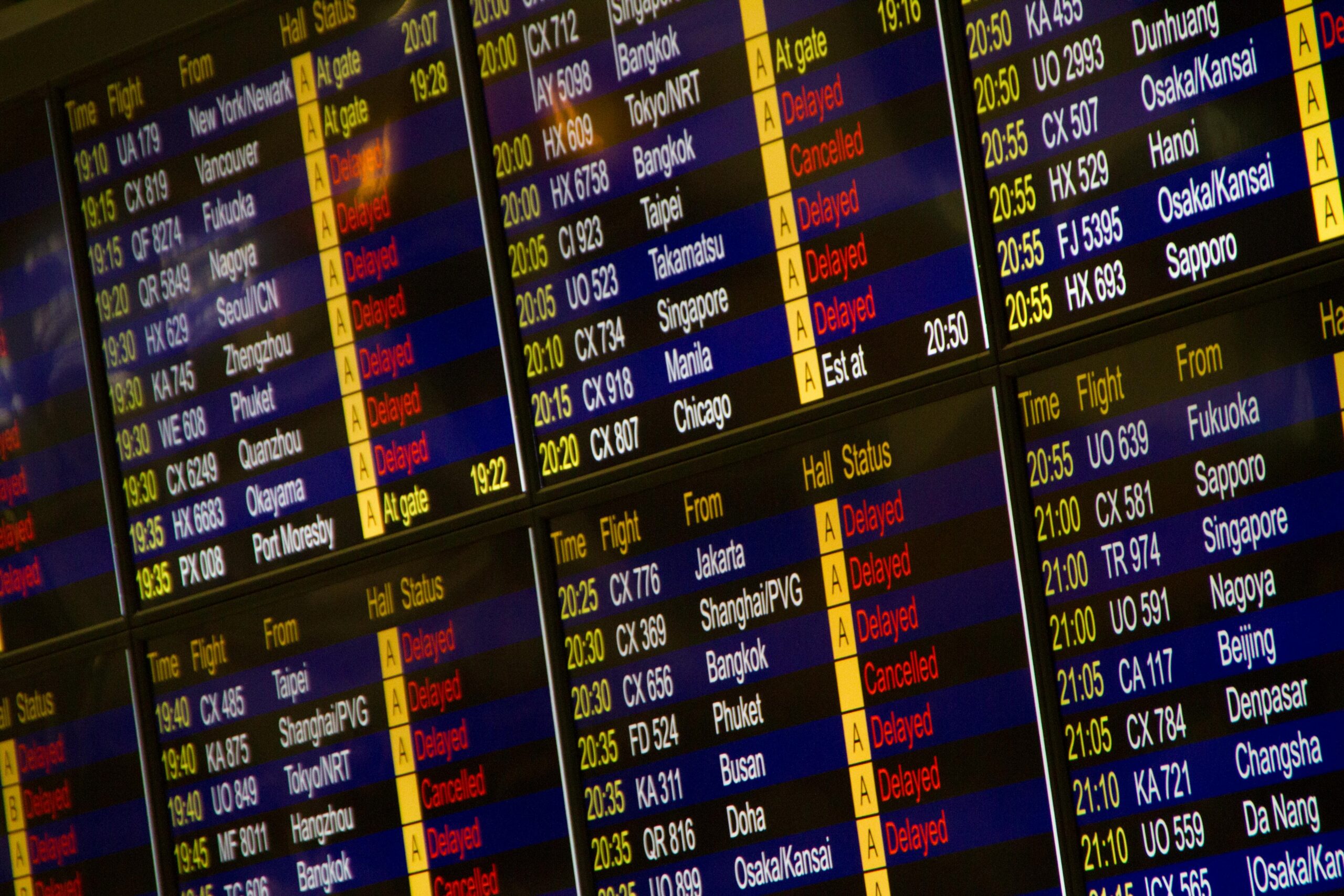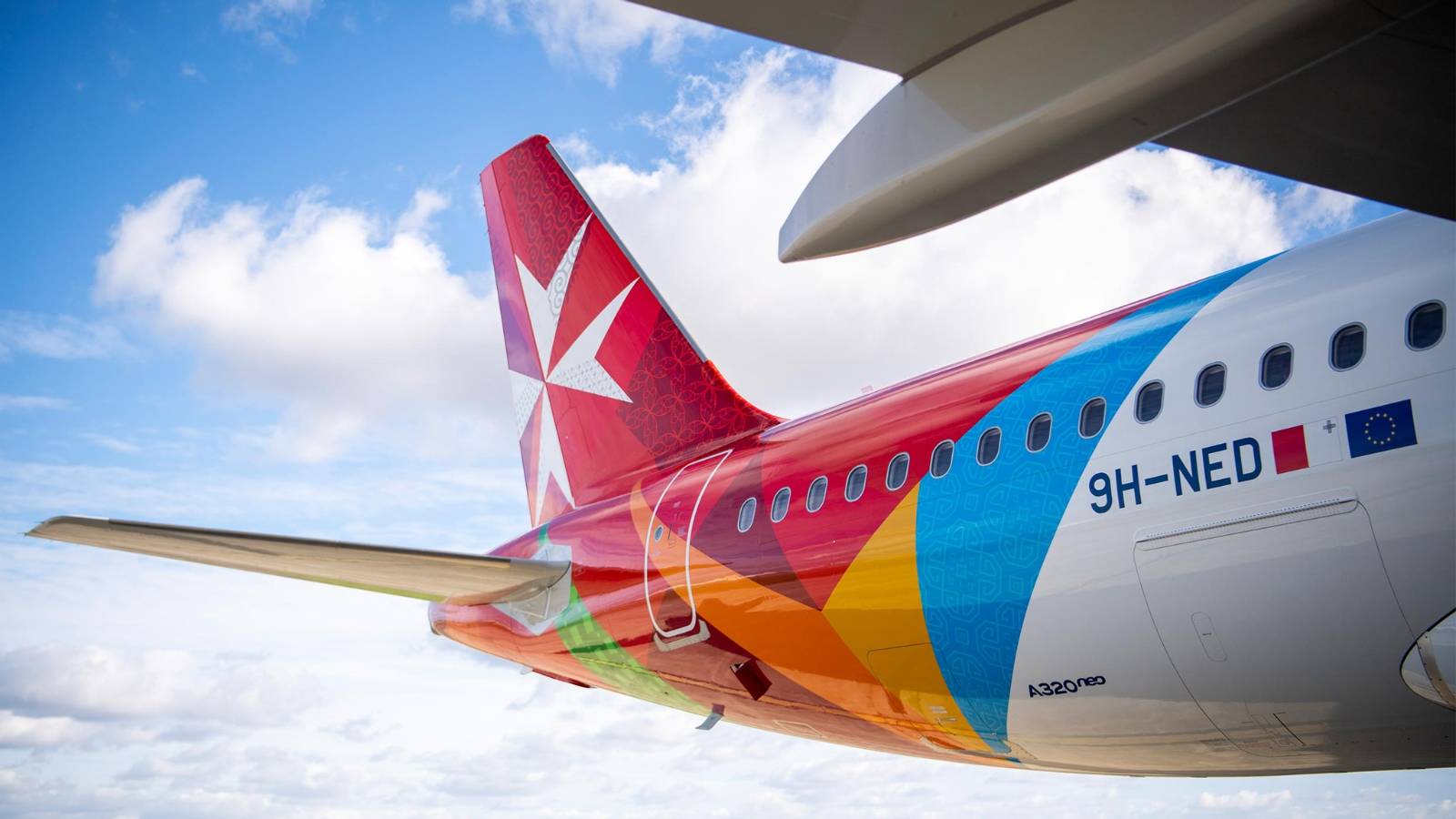Libya’s central bank has halted all its activities following the abduction of a senior official in Tripoli.
The bank issued a statement on Sunday condemning the kidnapping of its IT director, Musab Msallem, who was reportedly taken from his home by unknown assailants earlier that day.
The central bank also revealed that other employees have received threats of abduction, and it has vowed not to resume operations until Mr Msallem is safely returned.
The Central Bank of Libya, which operates independently but is owned by the state, is the sole internationally recognised entity responsible for managing the country’s oil revenues—a critical source of income for Libya, a nation embroiled in a prolonged conflict between rival governments based in Tripoli and Benghazi.
This incident follows a recent armed siege on the bank, reported by AFP, which allegedly aimed to coerce the resignation of the bank’s governor, Seddik al-Kabir. Mr Kabir, who has held his position since 2012, has been under fire for his handling of Libya’s oil wealth and state finances.
Since the fall of Muammar Gaddafi in 2011, Libya has been plagued by instability and division, with two competing governments: a UN-recognized administration in Tripoli and a rival faction in the east led by General Khalifa Haftar. In recent weeks, there has been fresh military mobilisation sparking renewed concerns that the country could be heading toward more violence and conflict.
There are also noteworthy connections between Malta and Libya’s Central Bank, given Malta’s geographical proximity and its role as a financial hub in the Mediterranean. These links have often involved complex financial dealings, including the handling of Libyan assets worth hundreds of millions.
Malta has served as a conduit for financial transactions, with local government having previously confirmed that over €200 million in Libyan government and Gaddafi family assets were frozen in Malta during the 2011 revolution. Such connections underscore the broader regional implications of the central bank’s crisis.
Trump’s 20% tariffs on EU imports: Limited direct impact on Malta, but potential indirect effects
Industries like iGaming may now reconsider moving to the US, reinforcing Europe’s position as a hub
European airlines push to cut compensation for delays under 5 hours
The regulation currently covers up to 3 hours of delay
KM Airlines abandons Catania schedule for winters
Flights will operate during peak summer months






